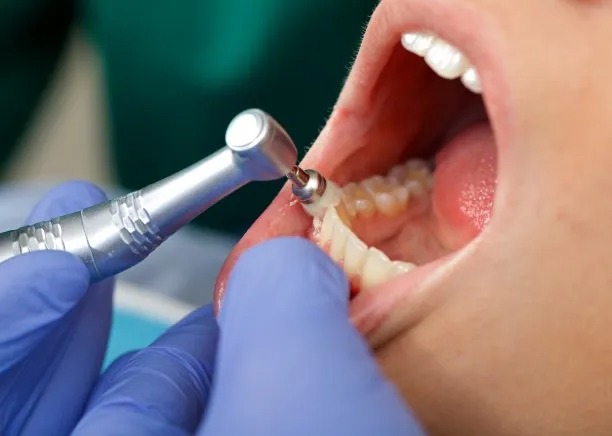Essential Precautions to Ensure a Successful Root Canal Treatment for Optimal Dental Health and Recovery
Summary: Ensuring a successful root canal treatment is vital for optimal dental health and recovery. This article provides essential precautions that patients and dental professionals should consider during the process. The discussion covers four key aspects: choosing the right dental professional, adhering to pre-treatment guidelines, understanding post-treatment care, and recognizing signs of complications. By following these precautions, patients can enhance their chances of a favorable outcome, minimize discomfort, and promote overall dental well-being.
1. Choosing the Right Dental Professional

Selecting a qualified and experienced dentist or endodontist is crucial for a successful root canal treatment. Start by conducting thorough research into local practitioners. Look for specialists who possess specific training in performing root canals, as well as positive patient reviews and testimonials. An experienced professional will not only have the necessary technical skills but also the confidence to manage any complications that may arise during the procedure.
Consulting with your general dentist can also provide valuable recommendations. They can refer you to trusted endodontists who are well-regarded in the field. Additionally, check whether the professional is board-certified, as this indicates a commitment to high standards of education and practice. Trusting your dental professionals expertise will lead to better outcomes for your root canal treatment.
It’s also wise to ensure that the dental practice utilizes modern technology and techniques. Advanced equipment, like digital X-rays and rotary endodontics, can enhance precision and minimize discomfort during the procedure, thereby improving the overall patient experience.
2. Adhering to Pre-Treatment Guidelines
Before undergoing a root canal treatment, patients should adhere to several pre-treatment guidelines to ensure optimal conditions for the procedure. First and foremost, it is essential to discuss any medications you are currently taking with your dentist. Certain medications may affect bleeding and healing, and your dentist may advise you to adjust your routine prior to the treatment.
Maintaining proper oral hygiene is another critical aspect. Brush and floss your teeth thoroughly in the days leading up to your appointment to minimize the risk of infection. This includes addressing any potential issues that may exacerbate your condition, such as cavities or gum disease. Clean oral conditions help ensure a smoother procedure and promote faster recovery.
Additionally, it is advisable to avoid eating or drinking for a few hours before the treatment, as a numb sensation in the mouth could affect your ability to swallow. Being well-prepared can alleviate stress and increase the likelihood of a successful root canal procedure.
3. Understanding Post-Treatment Care
Post-treatment care is crucial for effective recovery after a root canal. Patients should adhere strictly to their dentists instructions regarding pain management, which typically includes prescribed medications to manage any discomfort. Early intervention using over-the-counter pain relievers can significantly enhance comfort levels during the recovery period.
Additionally, eating soft foods for a few days after the treatment will help in avoiding unnecessary damage or discomfort to the treated area. Gradually reintroducing normal foods can contribute to promoting healing, as will staying hydrated throughout recovery. Monitoring your diet and fluid intake adds another layer of care during post-treatment recovery.
Patients should also remain vigilant for any signs of complications, such as prolonged pain, swelling, or fever. If these symptoms occur, contact your dentist immediately, as it may indicate an infection or other complications. Timely intervention can help address issues quickly and prevent further complications.
4. Recognizing Signs of Complications
A successful root canal treatment should generally lead to a significant reduction in pain and other symptoms. However, complications can occur, and recognizing the signs early can be critical. Symptoms to look out for include persistent discomfort that doesnt improve, increased swelling around the treated area, or pain that radiates to other parts of the jaw or head.
If you experience a foul taste in your mouth or notice pus around the treated tooth, these could indicate an infection that requires immediate attention. Early detection and prompt treatment of any complications can safeguard against more severe issues, including tooth loss or the need for further surgical intervention.
Regular follow-up appointments with your dentist are essential for monitoring recovery progress. These visits allow your dentist to assess the treated area and ensure that healing is occurring as expected. Open communication with your dental professional regarding your recovery can be an essential factor in long-term dental health.
Summary:
In conclusion, ensuring successful root canal treatment requires careful consideration of various aspects. By choosing the right dental professional, adhering to pre-treatment guidelines, understanding post-treatment care, and recognizing signs of complications, patients can effectively enhance their recovery experience and overall dental health.
This article is compiled by Vickong Dental and the content is for reference only.



